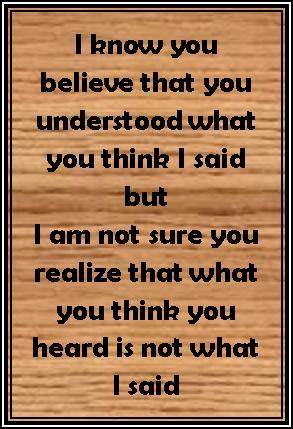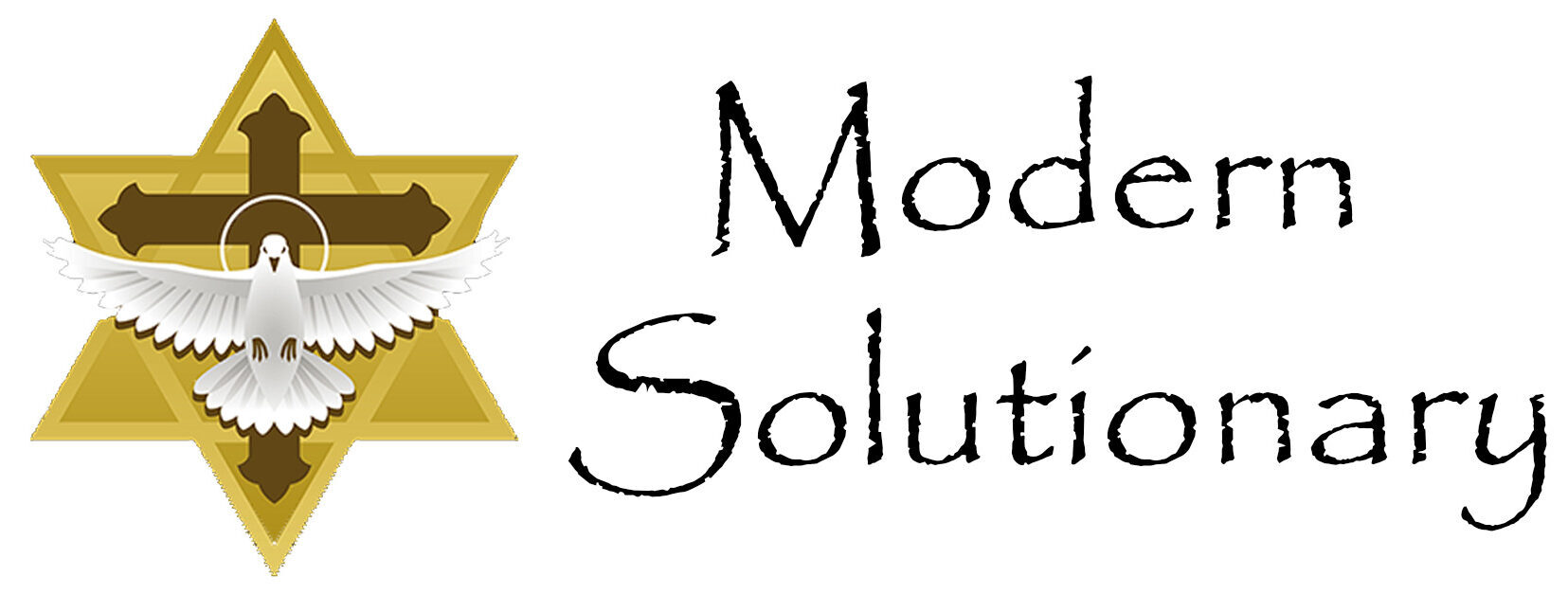
I enjoy using your sense of sight as a means to share these articles with you. It will be your sense of sight that will allow me the ability to share some interesting facts about the art of listening without even using your sense of hearing.
As with most of our Solutionary tools, we are given the solution for our need to hear from the Power of the Wisdom of Three. I’m sure my anatomy nerds will already know that our ear, the tool for hearing, has only three bones that aid in the operation of human hearing; the malleus, incus, and stapes bones. They are positioned in a precise manner so that they detect sound waves that our brain then processes. Our physical sense of hearing is totally involuntary, can even be accidental and totally effortless on our part.
Listening, on the other hand, is much more deliberate, requiring, of course, three things; first, we must choose to do it, the act must be focused and will always be intentional. Yes, your spouse is correct, when they tell you, that you are choosing not to listen. When we listen, I mean really listen, our brain must concentrate on the sounds that we are hearing. This mental process connects with and extends to our other senses as well. We see, notice and interpret the facial expressions of the speaker, the vibrations from the musical beats of the bass drum causes our body to sway to the rhythm, we might even recall a past memory of a smell, present the first time we heard the words of a marital vow spoken.
In all the writings that we read, the seminars and meetings we attend, or the videos we consume; the lesson is the same. To learn the art of listening requires much more than just our ears. It entails the conscious attention of our entire being; the mind, body, and soul. It is my belief, that to truly listen one must use their body as the receiver of the messages being delivered, our brain is the instrument used to process the information with the ultimate goal being to derive meaning or the truth from the message, and our soul, the basis of our human morality, to determine the proper reactions, responses and further inquiries that will be needed for understanding.
Our responses will be source of our future decisions. The decisions we make all have consequences; good or bad, happy or sad, right or wrong. We cannot control all that we hear, nor should we, but each of us can and does control what we listen to, how we respond, and the decisions we make.
If this is my last post, I want all to know there was only one purpose for all that I have written; to have made a positive difference in the lives of others.
Anthony “Tony” Boquet, the author of “The Bloodline of Wisdom, The Awakening of a Modern Solutionary”
